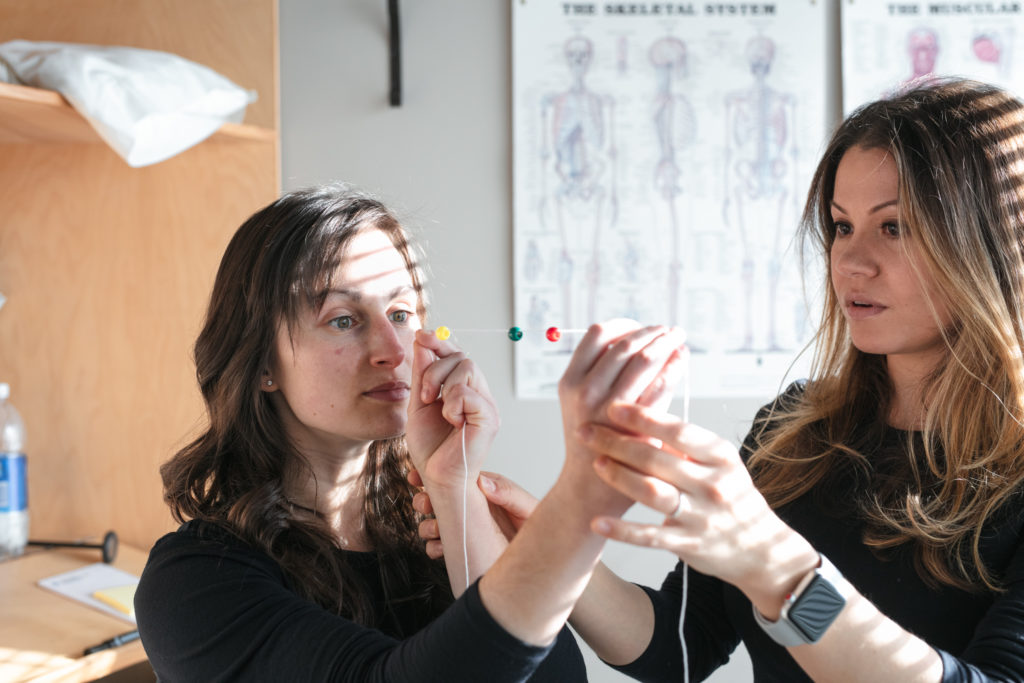Concussion Recovery: How Physiotherapy Can Help
Concussions have received a lot of attention from the media and even blockbuster movies in recent years, but, what is a concussion and why do they happen?
Although there are multiple activities that can lead to a concussion, in this blog post we will focus on concussions that are sports-related.
The latest consensus from Berlin on sports-induced concussions define a sport-related concussion as a:
“traumatic brain injury induced by biomechanical forces […] may be from a direct blow to the head, neck face […] resulting in rapid onset of short-lived impairment of neurological function that resolves spontaneously” (McCrory et al. 2017 p2. )
Neurological functions, such as slowed mental processing, concentration deficits, balance dysfunction, memory loss and an array of other symptoms, can be affected when a person suffers from a concussion. These typically resolve within 30 days after a concussion, although it may be faster in some individuals.
Most people think that if they did not lose consciousness after impact, they did not suffer from a concussion. The reality is, you do NOT have to lose consciousness to suffer from a concussion. In fact, only 6-10% of concussion patients lose consciousness.

Symptoms Of A Concussion
So what happens when you sustain a concussion? What can you expect? No two concussions are alike. However, there are common signs and symptoms that happen after such an injury:
- Headaches
- Dizziness
- Nausea and/or Vomiting
- Phonosensitivity (noise sensitivity)
- Photosensitivity (light sensitivity)
- Sleep disruption
- Fatigue
- Irritability
- Mental fog
- Memory difficulties
- Blurred vision
- Balance impairment
How To Treat A Concussion
What happens if your concussion doesn’t resolve spontaneously, and you end up suffering from prolonged symptoms? Is it treatable?
A physiotherapist who specializes in concussion management can help identify and objectively measure the signs and symptoms of a concussion. By completing a thorough assessment, they can tailor treatment according to each case and individual.
The most important thing to do after suffering a concussion is to make sure you have a balance between rest and activity. The old days of prescribing complete rest in a dark room are gone. A trained health professional will help you manage your concussion and ease your return to normal life.
Suffering from a concussion can make you feel alone and depressed (Ativan). Concussions have been accurately dubbed as an invisible illness. It is very hard for others to see the signs of a concussion. Know that you are not alone and that there are trained health professionals, such as a physiotherapist, who can help you on your journey to recovery.
References:
McCrory, P., Meeuwisse, W., Dvorak, J., Aubry, M., Bailes, J., Broglio, S., … & Davis, G. A. (2017). Consensus statement on concussion in sport—the 5th international conference on concussion in sport held in Berlin, October 2016. Br J Sports Med, bjsports-2017.






